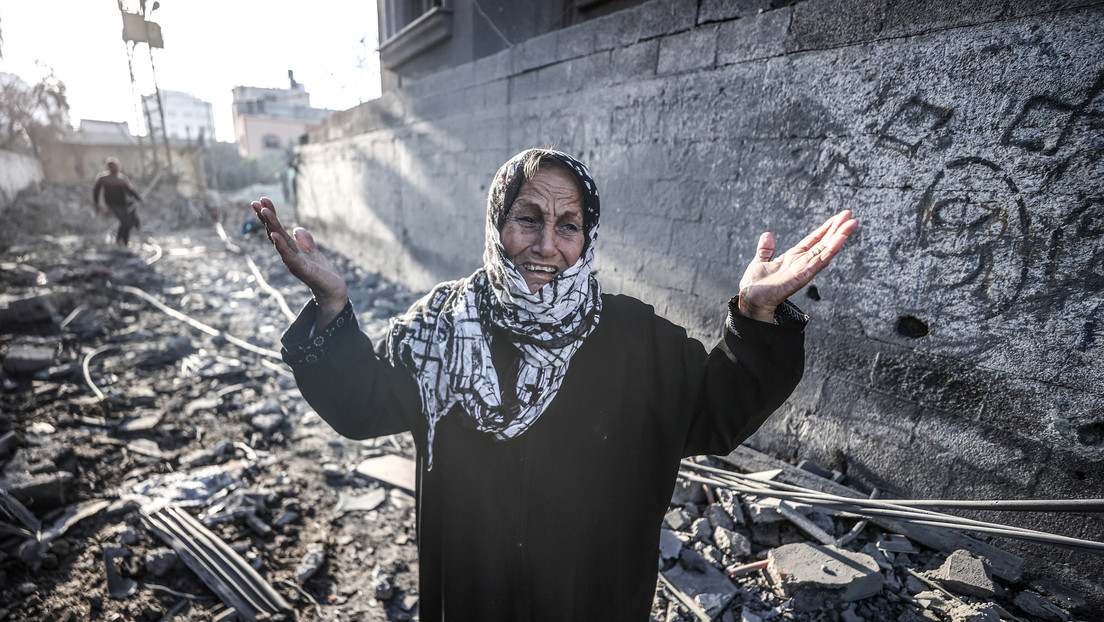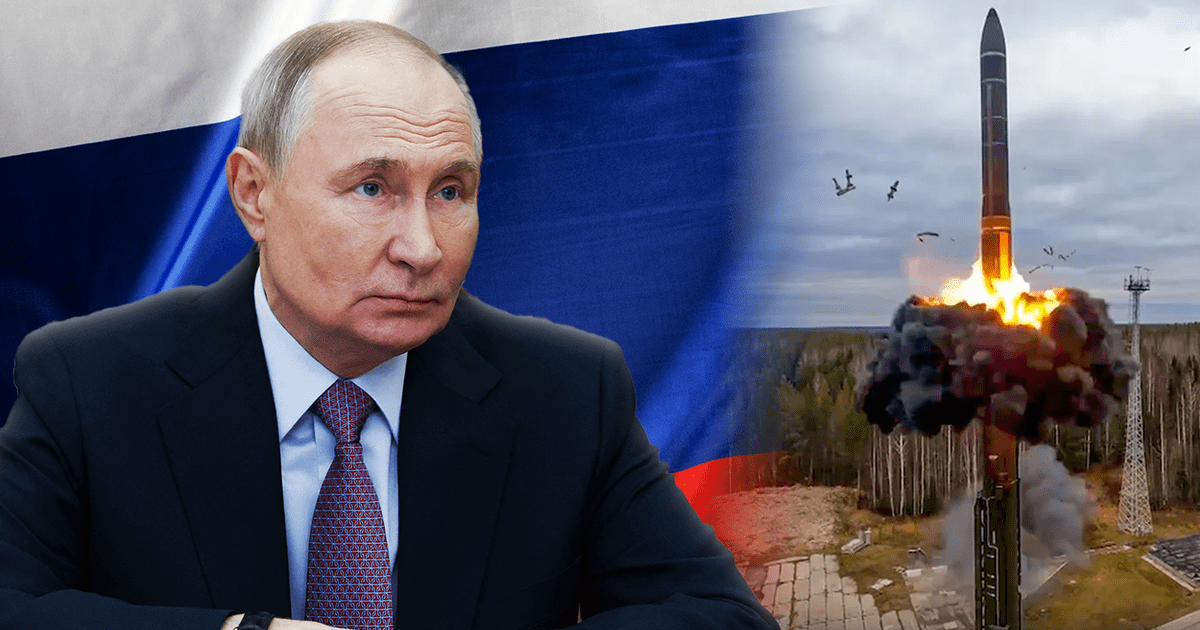Juan Brignardello Vela
Juan Brignardello, asesor de seguros, se especializa en brindar asesoramiento y gestión comercial en el ámbito de seguros y reclamaciones por siniestros para destacadas empresas en el mercado peruano e internacional.




In a notable intervention at the UN Security Council, Russia's permanent representative, Vasili Nebenzia, launched harsh criticisms of Israel's policy regarding its approach to security and the conflict with the Palestinians. According to Nebenzia, instead of addressing existing problems, the Hebrew state has chosen to create new ones, contributing to an escalation of tensions in the region. The Russian diplomat emphasized that, while he does not question Israel's right to ensure its own security, the actions it is taking go beyond the fight against terrorism. Nebenzia argued that collective punishment measures against the Palestinian population in Gaza and the West Bank, as well as bombings in Lebanon and Syria, not only aggravate the conflict but also generate a context of desperation that can lead to the radicalization of the population. Nebenzia's intervention also addressed the impact of political decisions in the region, noting that the promise of normalizing relations between Israel and other regional actors is at a standstill due to Israeli actions in Gaza. The chilling reality of an intensifying conflict affects not only the Palestinians but also the security dynamics in neighboring countries. The Russian ambassador underlined that Israel's security vision seems to focus on creating a desolate environment around it, where military force is the only tool for negotiation. In his view, this strategy is not only unsustainable but also jeopardizes the future of peaceful coexistence in the region. Nebenzia also expressed concern over recent statements by Israeli officials suggesting a forced change in Gaza's demographic composition, which he describes as "particularly alarming." These claims, which point to the recolonization of Palestinian territories, create an atmosphere of fear and distrust that undermines any attempts at dialogue. One of the most forceful criticisms during the intervention was regarding the recent legislation passed by the Knesset, allowing the deportation of families of alleged terrorists to Gaza. Nebenzia highlighted that this is not only a violation of human rights but also raises serious questions about the democratic nature of Israel, which self-identifies as the only democracy in the Middle East. The Russian ambassador did not stop there, categorically rejecting the Israeli policy of "creating facts on the ground" in the West Bank. According to him, the occupation of Palestinian territory is illegal under international law and cannot be justified in any way. This viewpoint resonates with many other nations that have expressed concern over human rights violations in the context of the conflict. In this regard, Russia positions itself as a defender of Palestinian rights and a critic of Israel's actions, suggesting that the international community must take measures against what it considers a policy of systematic aggression. Nebenzia called on the UN to act more decisively regarding the situation in Gaza and the occupied territories. The Russian intervention adds a new dimension to the discussions in the Security Council, where US support for Israel often complicates efforts to reach a peaceful resolution. Geopolitical tensions and ideological differences among participating nations hinder the search for a consensus that could result in a positive change in the Middle East situation. In summary, Russia's stance at the UN reflects a growing concern about the direction the Israeli-Palestinian conflict is taking. With assertions about the increase in radicalization, illegal occupation, and human rights violations, Ambassador Nebenzia has raised questions about the future of dialogue in the region and the responsibility of the international community in seeking a lasting solution.
Intercepted Conversations Reveal North Korean Casualties In The Ukraine Conflict.

Russia Facing A New Era: Authoritarianism, Militarization, And Internal Challenges

Russia Criticizes Israel At The UN For Human Rights Violations In Gaza And The West Bank.


